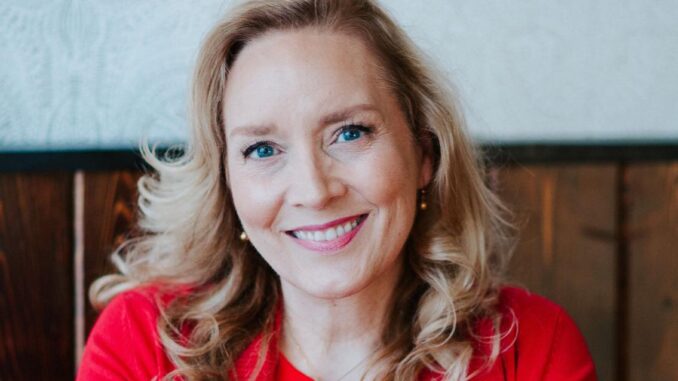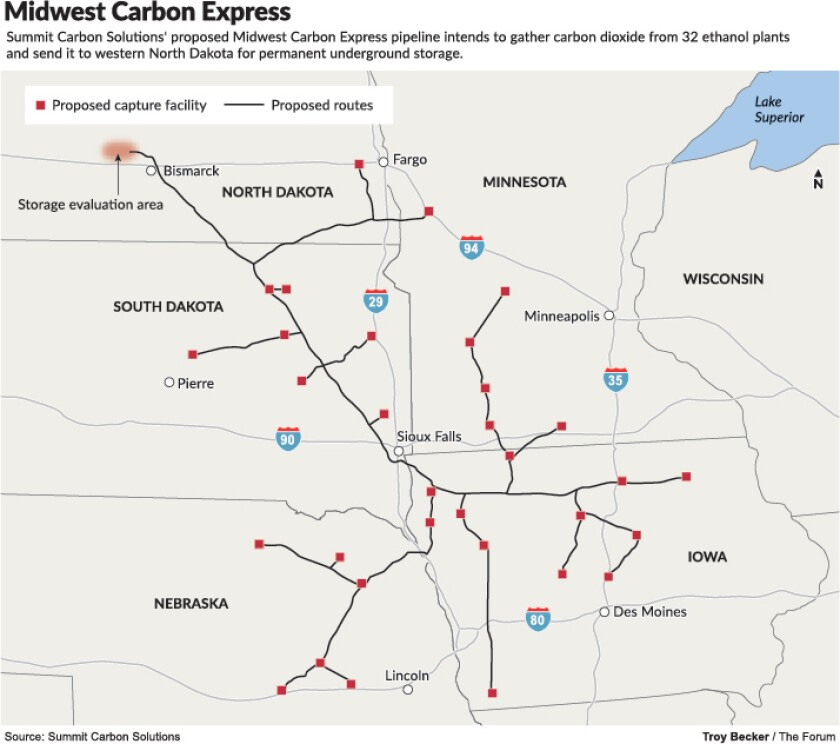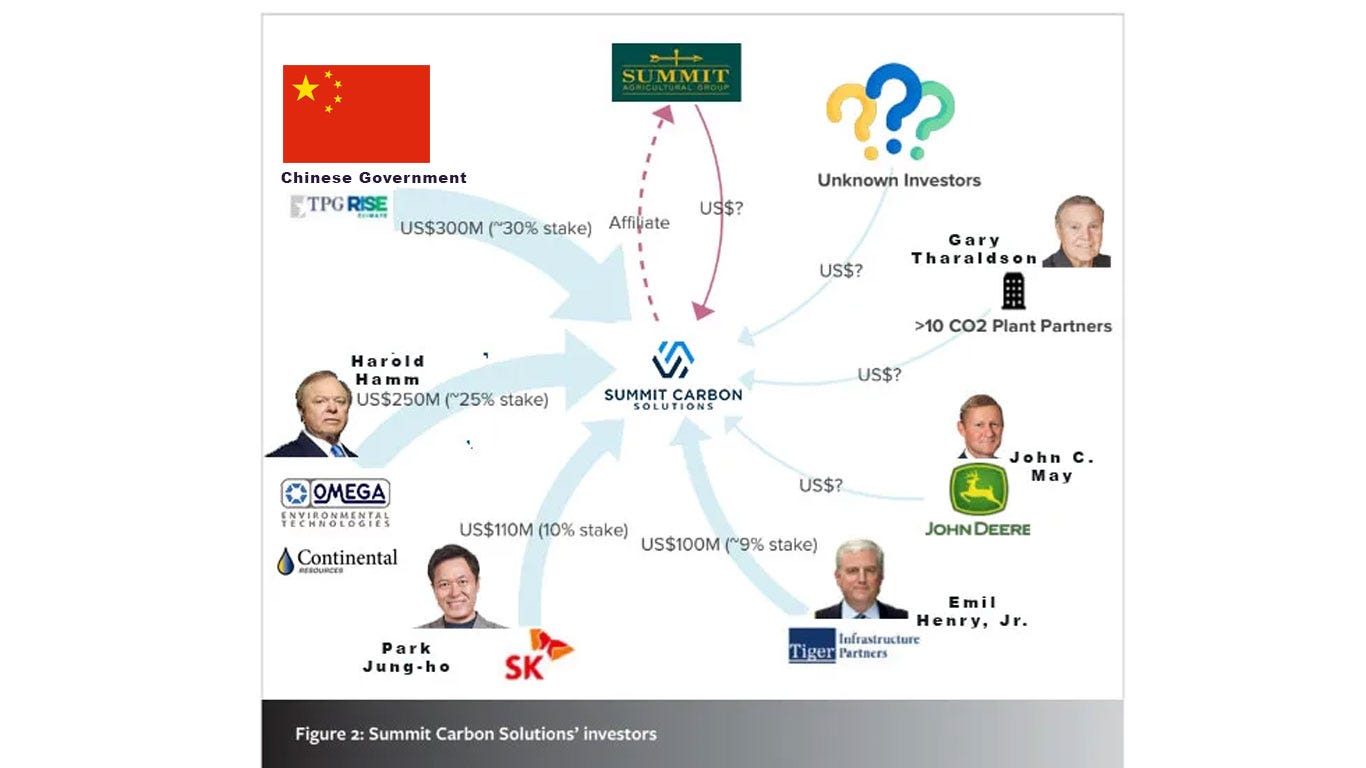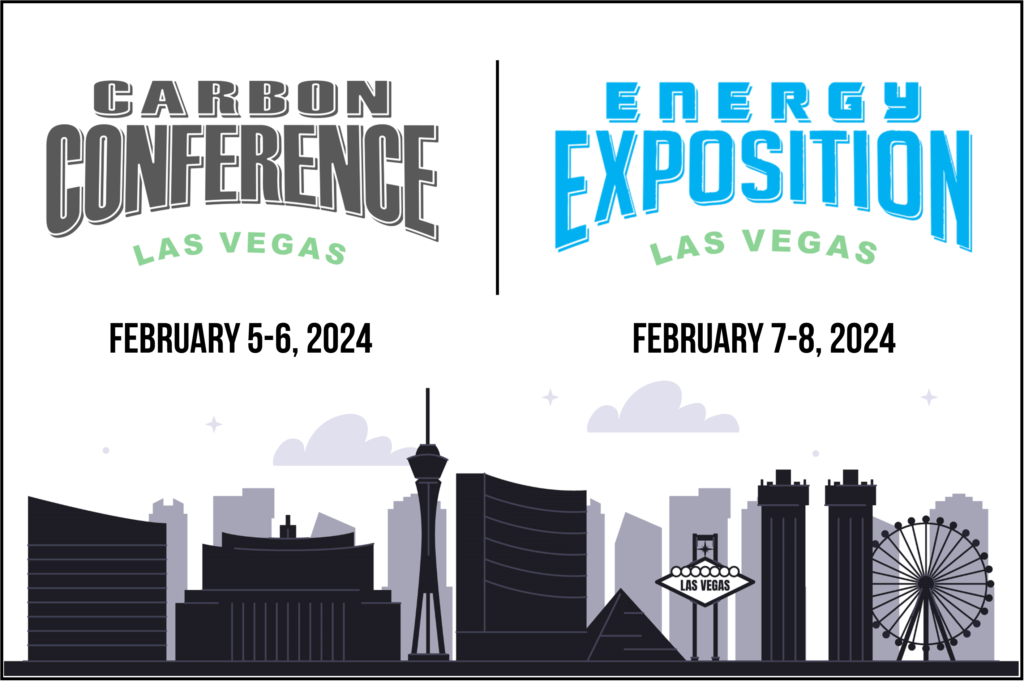

Lori Hinz, reporter for BEK News, gives an update from the research on her daily feature on Capturing America’s Heartland: CO2 Pipeline.
Host Jason Spiess and Hinz cover a variety of topics, including ownership in the pipeline, public meeting attendance, public dollars directed to the project and whether the project owners will try multiple angles using eminent domain to advance their ethanol carbon storage project, including the use of public health due via carbon.
On Friday, October 20th, Navigator CO2 Ventures, one of three companies planning CO2 pipelines in the region, announced the cancellation of its Heartland Greenway pipeline project. The company cited challenges related to the unpredictable regulatory and government processes, particularly in South Dakota and Iowa, as the primary reason for the project’s cancellation. Navigator CO2’s CEO, Matt Vining, expressed disappointment at not being able to provide services to customers.

Just one day prior, on Thursday, October 19th, Summit Carbon Solutions revealed that it expects a delay in the completion of its over 2,000-mile CO2 pipeline project. Originally planned for an earlier date, the pipeline is now expected to have supercritical CO2 flowing through it by 2026. Summit Carbon Solutions intends to sequester CO2 deep underground in North Dakota after collecting it from thirty ethanol plants in four of the five states involved in the project, including Iowa, South Dakota, Minnesota, and Nebraska, with only one ethanol plant in North Dakota’s eastern region participating.
The report also mentions that North Dakota’s Public Service Commission has delayed scheduling a hearing on Summit Carbon Solutions’ request to preempt and supersede local ordinances in Burleigh and Emmons Counties due to logistical issues and the ongoing Special Session of the legislature. The Commission has requested detailed information from Summit, including maps, surveys, studies on proposed reroutes, measures addressing landowner concerns, landslide assessments, and an analysis of a southern route around Bismarck.

The project basically consists of a proposed high-pressure CO2 pipeline that would be built close to residential Bismarck, ND. This has become the topic of controversy among residents and rural landowners along the pipeline’s route.
The pipeline would transport carbon dioxide captured from ethanol plants in five Midwest states to an end point north and west of the Bismarck-Mandan area, in Oliver and Mercer counties.
BEK TV host Lori Hinz brings weekly updates in Capturing America’s Heartland: CO2 Pipeline, which invites experts on all sides of the issue to weigh in on a variety of concerns and benefits regarding building an unusually large pipeline so close to residents and property owners. From reducing greenhouse gas emissions and increasing domestic oil production, to significant technical, regulatory, and health and safety challenges, the series explores how the proposed route could affect the Heartland of America.
Capturing America’s Heartland: CO2 Pipeline airs weekdays at 9 AM.
Hinz is also the RNC National Committeewoman for North Dakota.

If you have a news release, energy innovation, story idea, community lifestyle feature, guest, music band or show topic requests, email studio(at)thecrudelife(dot)com
About The Crude Life
Award winning interviewer and broadcast journalist Jason Spiess and a team of Content Correspondents engage with the industry’s best thinkers, writers, politicians, business leaders, scientists, entertainers, community leaders, cafe owners and other newsmakers in one-on-one interviews and round table discussions.
The Crude Life has been broadcasting on radio stations since 2011 and posts all updates and interviews on The Crude Life Social Media Network.
Everyday your story is being told by someone. Who is telling your story? Who are you telling your story to?
#thecrudelife promotes a culture of inclusion and respect through interviews, content creation, live events and partnerships that educate, enrich, and empower people to create a positive social environment for all, regardless of age, race, religion, sexual orientation, or physical or intellectual ability.

